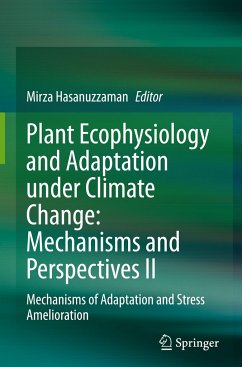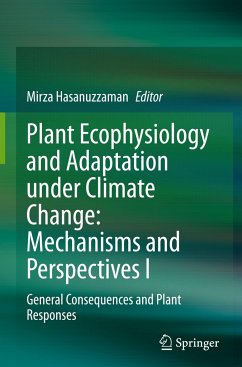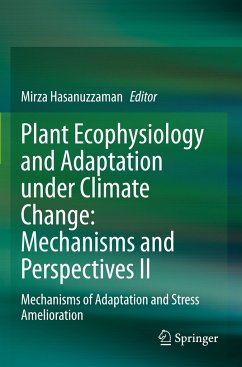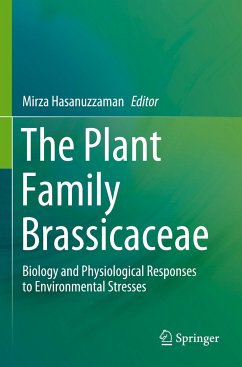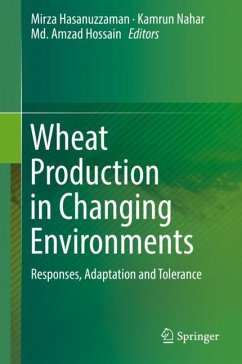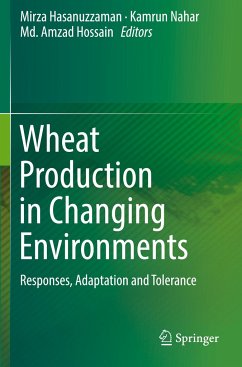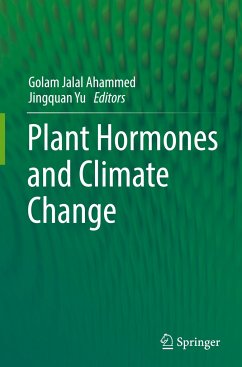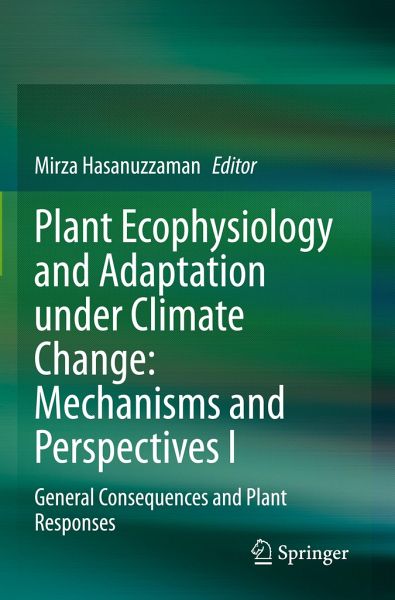
Plant Ecophysiology and Adaptation under Climate Change: Mechanisms and Perspectives I
General Consequences and Plant Responses
Herausgegeben: Hasanuzzaman, Mirza
Versandkostenfrei!
Versandfertig in 6-10 Tagen
189,99 €
inkl. MwSt.

PAYBACK Punkte
95 °P sammeln!
This book presents the state-of-the-art in plant ecophysiology. With a particular focus on adaptation to a changing environment, it discusses ecophysiology and adaptive mechanisms of plants under climate change. Over the centuries, the incidence of various abiotic stresses such as salinity, drought, extreme temperatures, atmospheric pollution, metal toxicity due to climate change have regularly affected plants and, and some estimates suggest that environmental stresses may reduce the crop yield by up to 70%. This in turn adversely affects the food security. As sessile organisms, plants are fre...
This book presents the state-of-the-art in plant ecophysiology. With a particular focus on adaptation to a changing environment, it discusses ecophysiology and adaptive mechanisms of plants under climate change. Over the centuries, the incidence of various abiotic stresses such as salinity, drought, extreme temperatures, atmospheric pollution, metal toxicity due to climate change have regularly affected plants and, and some estimates suggest that environmental stresses may reduce the crop yield by up to 70%. This in turn adversely affects the food security. As sessile organisms, plants are frequently exposed to various environmental adversities. As such, both plant physiology and plant ecophysiology begin with the study of responses to the environment. Provides essential insights, this book can be used for courses such as Plant Physiology, Environmental Science, Crop Production and Agricultural Botany.
Volume 1 provides up-to-date information on the impactof climate change on plants, the general consequences and plant responses to various environmental stresses.
Volume 1 provides up-to-date information on the impactof climate change on plants, the general consequences and plant responses to various environmental stresses.





